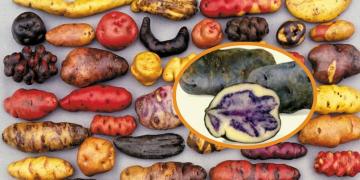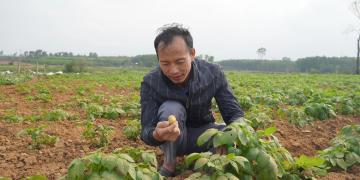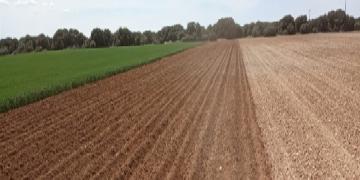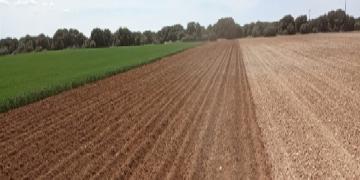Costa Rica: US potato imports will affect domestic producers
When the State Phytosanitary Service (SFE) announced its decision to grant permission for the import of potatoes for fresh consumption, it was emphasized that this is a common practice in the commercial exchange of goods and services.
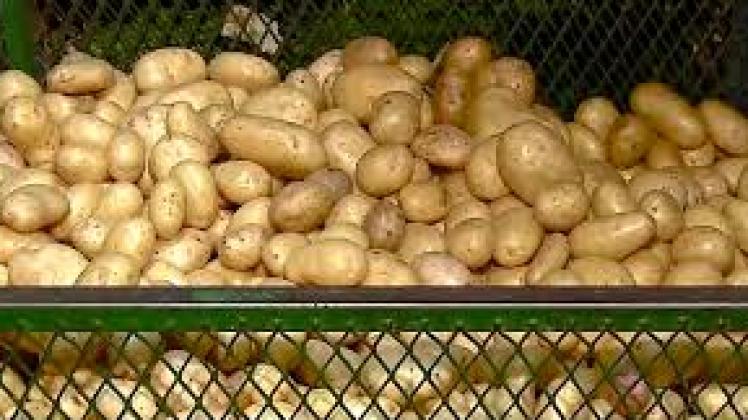
The recent U.S. potato import authorization from the Ministry of Agriculture and Livestock (MAG) will hit domestic producers hard, who are already facing a difficult outlook due to high costs and losses caused by the rains at the end of the year and the beginning of the year.
National producers fear that, as happened with the "Rice Route," a policy implemented by President Rodrigo Chaves since August 2022, future imports of this tuber will end up displacing national production, according to Kevin Gómez, executive director of the National Horticultural Corporation.
"First, the speculative effect affects the number of plantings and seed potato reserves, as producers anticipate that, as with other imported products, these will end up displacing domestic products from the shelves," he said.
He explained that a good potato harvest is expected in the country by mid-year, following measures implemented by farmers to overcome the shortage of the product experienced in the last months of 2024 and the first months of this year due to adverse weather conditions.
However, he warned that importing table potatoes from the United States jeopardizes the commercialization of that crop, the economic investment already made by producers, and Costa Rica’s phytosanitary status.
This is because anti-sprouting treatments (products used to control the sprouting of potatoes and other crops) do not guarantee protection of domestic production against zebra chip, a disease that affects potatoes and is caused by a bacterial infection.
When announcing the decision of the State Phytosanitary Service (SFE) to grant permission for the importation of fresh potatoes from the United States, Víctor Carvajal, Minister of Agriculture and Livestock, stated that this is a common practice in the commercial exchange of goods and services.
"We understand the sensitivity of potato producers. This authorization, granted by the Phytosanitary Service, is not arbitrary; there are a series of guidelines that U.S. producers must follow for their potatoes to enter Costa Rica, as well as responsibilities for importers," he stated recently.
Losses
Gómez maintained that farmers are not making excessive profits with current product prices.
"Just analyzing the yield of harvested crops shows that it has dropped dramatically. The high price is simply a reflection of the limited supply available on the market, which, to some extent, has offset production costs," he stated.
The investment in a hectare of cultivated potatoes is the same for producers, regardless of whether they produce 25,000 kilos or just 4,000 kilos.
On this occasion, the poor yield was due exclusively to weather factors, completely beyond the producers’ control, Gómez recalled.
Potato and onion producers in Cartago recently reported to the Legislative Assembly’s Agricultural Affairs Committee that imports made in recent months have generated losses of ¢15 billion.
Cristóbal Gómez, representative of the Irazú Horticulturists Association, told the deputies that the government has allowed the entry of foreign products even though local production is sufficient to meet domestic demand.
In Costa Rica, annual potato consumption is around 4.5 million kilos.
High price
One of the government’s arguments for authorizing potato imports from the United States is the high price consumers pay for the tuber, which in some stores has reached around ¢4,000 per kilo.
However, Kevin Gómez assured that the price remains high because the crops are still in development.
“Currently, there is limited supply on the market due to the poor harvest in late 2024, and the next significant harvest is projected for June or July,” he said.
He warned that if potatoes for fresh consumption are imported into Costa Rica, producers may not leave any seed reserves.
As a result, the two-year cycle that begins with the cleaning of crop material and ends with the planting of the product for commercial purposes would be broken.
The National Chamber of Agriculture and Agroindustry (CNAA) recently expressed concern over statements by the president of the Central Bank of Costa Rica (BCCR), Roger Madrigal, who suggested the need to import potatoes and tomatoes to address alleged shortages and high prices in the domestic market.
"The very idea of establishing a so-called ’potato and tomato route’ or a ’vegetable route’ would not benefit Costa Ricans. On the contrary, it would further aggravate the plight of domestic producers," he added.
Fuente:

